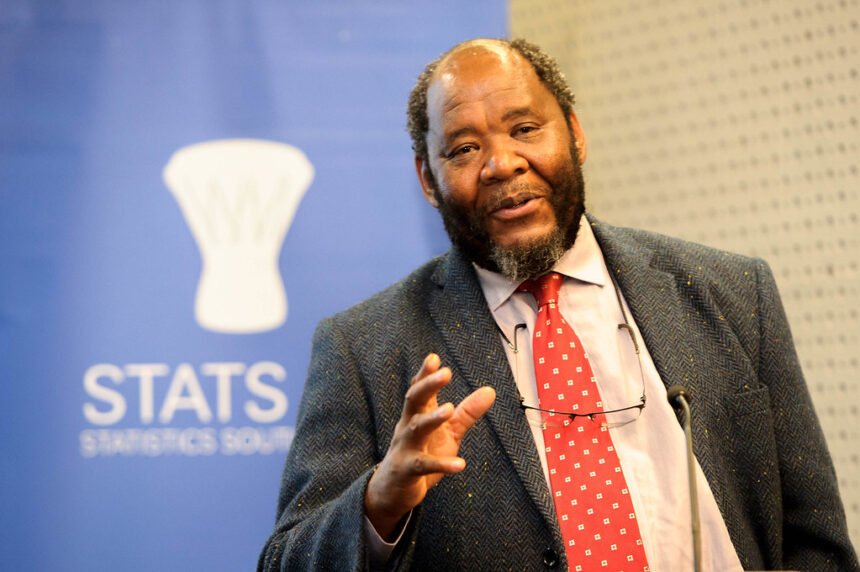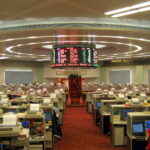World Economic Forum (WEF), 20th Global Risk Report, provides a sobering assessment of some of the most urgent challenges facing the world. Only 11% of experts predict stability within the next few years.
This report is a great example of how the convergence between geopolitical tensions and environmental degradation as well as rapid technological advancements are creating unprecedented levels of global instabilities.
It calls for coordinated, urgent action based on the insights of 900 professionals around the world to combat these growing risks.
WEF Global Risk Report: A grim outlook for stability
The report shows that in an age of increasing uncertainty, only 11% of the respondents expect a stable environment globally over the next two-year period.
Only 8% of respondents expect stability in the coming decade. The alarming predictions highlight the urgent need to take swift action in order to reduce risks and secure the future.
These findings highlight the urgent need for global leaders, policymakers and economists to prioritise efforts in addressing environmental threats, tensions geopolitical and technological disruptions.
In the report, increased geopolitical conflicts are identified as major drivers of instabilities, including territorial disputes, wars on trade, and rising nationalism.
The unresolved conflicts of Eastern Europe, the territorial disputes over the South China Sea and the escalating tensions in trade between the United States, China and other major countries are all eroding the trust in each other and strengthening global divisions.
The progress of critical issues like climate change and the global health crisis is at risk as nations prioritise self-interest above collective problem solving.
Climate change is at the forefront of this report, which highlights how environmental threats are escalating and threatening stability worldwide.
Climate change, loss of biodiversity, extreme weather conditions, and scarcity of water are all pushing societies and ecosystems to the limit.
This report warns of the devastating effects that climate change will have on both humanity and the environment if we do not act.
Competition over natural resources, which are becoming increasingly scarce, is likely to increase, which will fuel further instability.
Technology is a double-edged blade
The rapid pace of technological innovation is a source of great promise but also new challenges.
New technologies such as artificial intelligence (AI), blockchain and clean energy are changing industries, but they also risk creating inequalities.
Unchecked misinformation spread via digital platforms is further exacerbating social division and polarization, and ethical questions about technology misuse and use remain unanswered.
This report advocates for the creation of a global framework that will guide responsible technology development and use, ensuring its benefits are shared equitably.
According to the WEF report, global catastrophes are becoming more likely. 17% of respondents predicted a very high probability that a severe crisis would occur within 10 years.
The figure increases dramatically, reaching 45% among respondents who believe that such crises are almost inevitable.
To address these risks, urgent international and national cooperation is needed.
The report stresses the importance of adopting sustainable practices and encouraging global dialogue. It also highlights how technology can be used responsibly in order to increase resilience.
The report is not without hope. Recognizing these risks, and taking action collectively can lead to a future that’s more resilient and secure.
The post-WEF global risk report shows that only 11% experts predict a stable and predictable future. Can we survive the chaos? The first appeared on ICD
This site is for entertainment only. Click here to read more






